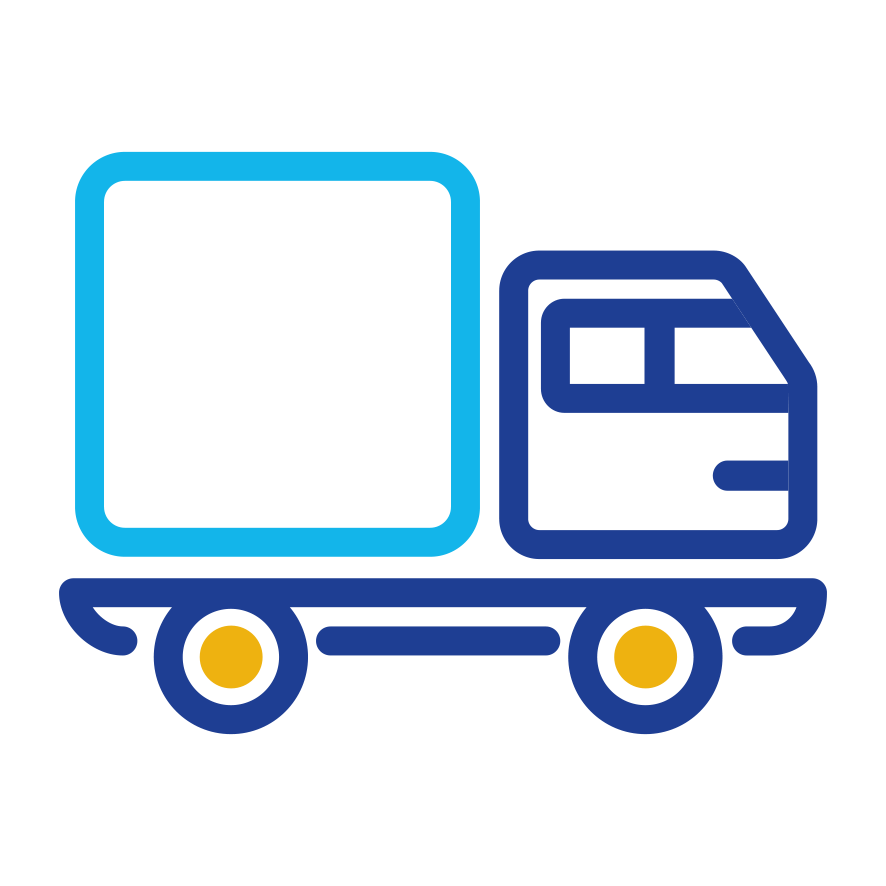Your Relocation Company
How it works
From the moment you get in touch, we're with you all the way
-
1
We listen
Tell us about your planned relocation
-
2
We guide
An experienced consultant will help assess all your needs
-
3
We recommend
You will receive a tailored service recommendation and package
-
4
We manage
You’ll have full access to our range of additional services designed to help you make a new location your home.
-
5
We support
Our dedicated move teams will help handle all aspects of your move from here to there
Some of our relocation services
Everything you need to get moving
Our services help to move your life, not just your possessions. From packing, shipping, storage, to pet relocation-, short- or long-term home finding, orientation and language training, we do it all! Our friendly move managers will be with you every step of the way.
Customer Testimonial
Reliable, professional, and flexible.
Mr Kevin M, moved from Abu Dhabi to Durham, UK Crown Mini Mover
Crown Mini Mover  International moving
International moving  Local Moves
Local Moves